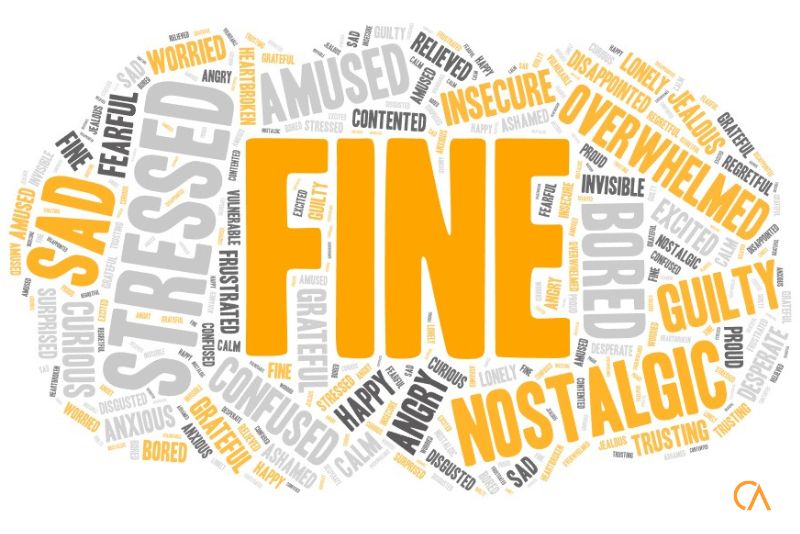
When I begin working with leadership teams, it’s not unusual that individual leaders will raise issues with me that they are reluctant to raise with each other. There’s a reluctance to open up challenging conversations across the leadership team.
Creative conflict is the catalyst for building stronger relationships, harnessing different perspectives, and generating well-rounded solutions. And yet it takes a very skilled leadership team to routinely have these conversations.
Why do so many leaders avoid conflict? Possible causes include:
1) Fear of not being liked
Constructive conflict requires emotional resilience. Conflict creates a perceived risk of broken social bonds, even though it’s a necessary part of working with others. A Fearless Leader cultivates the emotional resilience to maintain relationships while having critical conversations.
2) Clumsy critical conversationalist
Constructive conflict requires skill. It requires tact, empathy, diplomacy and integrity. Without practice or a clear process to follow, leaders are at risk of responding emotionally and instinctively without preparation or due consideration.
3) Fear of strong emotional responses
Conflict can cause heightened emotional states. People are unpredictable at the best of times and when under threat, their range and scale of responses can be vast. Being willing to face potential negative reactions is a necessary part of finding the courage to engage in meaningful dialogue.
4) Burying their head in the sand
Conflict rarely goes away on its own. Dealing with conflict requires the strength of conviction that addressing the situation is worth the potential risk. A leader who avoids confrontation in the hope that it will just evaporate runs the risk of making the situation worse over time.
When a leadership team avoids conflict, they run the risk of pushing the conflict underground or causing an unaddressed situation to escalate. This can cause a loss of integrity, and also robs all parties of the opportunity to constructively resolve the situation and gain new insights. An inability to surface and process conflict will stunt the development of a leadership team.
Fearless Leaders are able to surface conflict, and use it for good and not evil.
How skilled is your team in dealing with conflict? What’s your contribution to that? And what are you willing to do to improve your own capability?
Go fearlessly.
PS If you would like to learn more about overcoming conflict aversion (and the other 11 Leadership Derailers), get a copy of ‘Developing Direct Reports: Taking the guesswork out of leading leaders’. Or let’s talk about running a Fearless Leadership program for your leadership team.
STAY IN THE LOOP





